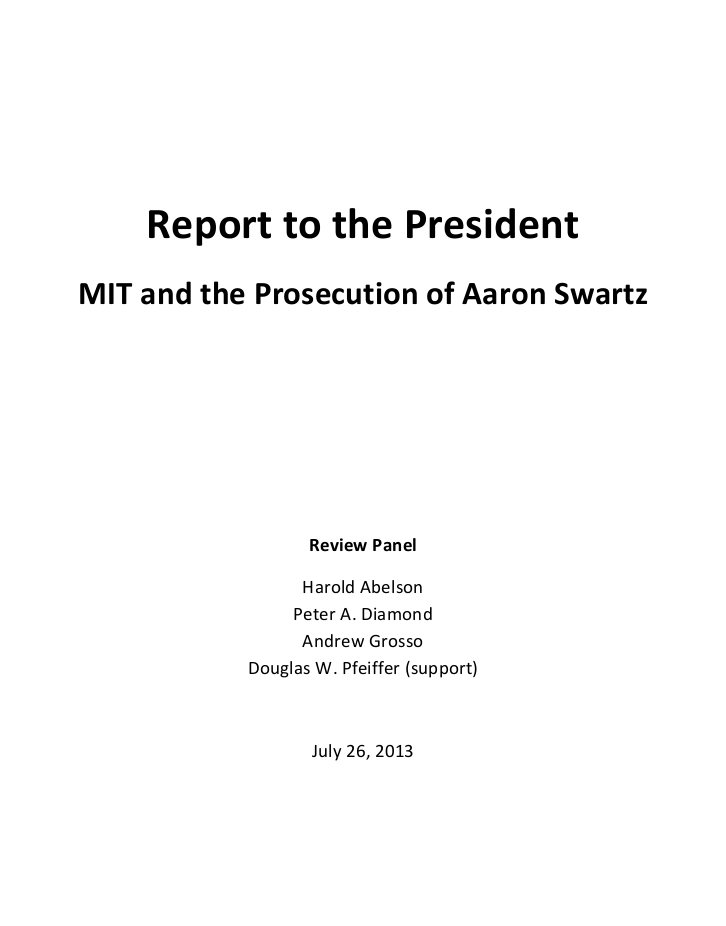Heidi Boghosian: Spying on Democracy: Government Surveillance, Corporate Power, and Public Resistance (2013)
Filed under book | Tags: · democracy, freedom, intelligence agency, internet, law, privacy, surveillance

“Until the watershed leak of top-secret documents by Edward Snowden to the Guardian UK and the Washington Post, most Americans did not realize the extent to which our government is actively acquiring personal information from telecommunications companies and other corporations. As made startlingly clear, the National Security Agency (NSA) has collected information on every phone call Americans have made over the past seven years. In that same time, the NSA and the FBI have gained the ability to access emails, photos, audio and video chats, and additional content from Google, Facebook, Yahoo, Microsoft, YouTube, Skype, Apple, and others, allegedly in order to track foreign targets.
In Spying on Democracy, National Lawyers Guild Executive Director Heidi Boghosian documents the disturbing increase in surveillance of ordinary citizens and the danger it poses to our privacy, our civil liberties, and to the future of democracy itself. Boghosian reveals how technology is being used to categorize and monitor people based on their associations, their movements, their purchases, and their perceived political beliefs. She shows how corporations and government intelligence agencies mine data from sources as diverse as surveillance cameras and unmanned drones to iris scans and medical records, while combing websites, email, phone records and social media for resale to third parties, including U.S. intelligence agencies.
The ACLU’s Michael German says of the examples shown in Boghosian’s book, “this unrestrained spying is inevitably used to suppress the most essential tools of democracy: the press, political activists, civil rights advocates and conscientious insiders who blow the whistle on corporate malfeasance and government abuse.” Boghosian adds, “If the trend is permitted to continue, we will soon live in a society where nothing is confidential, no information is really secure, and our civil liberties are under constant surveillance and control.” Spying on Democracy is a timely, invaluable, and accessible primer for anyone concerned with protecting privacy, freedom, and the U.S. Constitution.”
Foreword by Lewis Lapham
Publisher City Lights, San Francisco, 2013
Open Media series
ISBN 0872865991, 9780872865990
352 pages
Bruno Latour: An Inquiry into Modes of Existence: An Anthropology of the Moderns (2012–) [FR, EN]
Filed under book | Tags: · anthropology, digital humanities, ecology, economy, knowledge, law, modernity, networks, philosophy, politics, science

“In this new book, Bruno Latour offers answers to questions raised in We Have Never Been Modern, a work that interrogated the connections between nature and culture. If not modern, he asked, what have we been, and what values should we inherit? Over the last twenty-five years, Latour has developed a research protocol different from the actor-network theory with which his name is now associated—a research protocol that follows the different types of connectors that provide specific truth conditions. These are the connectors that prompt a climate scientist challenged by a captain of industry to appeal to the institution of science, with its army of researchers and mountains of data, rather than to “capital-S Science” as a higher authority. Such modes of extension—or modes of existence, Latour argues here—account for the many differences between law, science, politics, and other domains of knowledge.
Though scientific knowledge corresponds to only one of the many possible modes of existence Latour describes, an unrealistic vision of science has become the arbiter of reality and truth, seducing us into judging all values by a single standard. Latour implores us to recover other modes of existence in order to do justice to the plurality of truth conditions that Moderns have discovered throughout their history. This systematic effort of building a new philosophical anthropology presents a completely different view of what Moderns have been, and provides a new basis for opening diplomatic encounters with other societies at a time when all societies are coping with ecological crisis.”
French edition
Publisher La découverte, Paris, 2012
504 pages
English edition
Translated by Catherine Porter
Publisher Harvard University Press, 2013
ISBN 0674724992, 9780674724990
520 pages
Reviews: Muecke (of FR ed., Los Angeles Review of Books, 2012), Norton (Interstitial, 2013), Hennion (Science, Technology, & Human Values, 2013), Davis (Reviews in Cultural Theory, 2014), Dusek (NDPR, 2014), Hebbing (Diffractions, 2014), Foster (Science and Technology Studies, 2014), Choat (Global Discourse, 2014).
Commentary: Skirbekk (Radical Philosophy, 2015).
Another Turn after ANT: An Interview with Bruno Latour by John Tresch (Social Studies of Science)
An Introduction to AIME by Latour, video, 16 min.
Participatory web platform of the project
Author
Publisher (FR)
Publisher (EN)
Enquête sur les modes d’existence. Une anthropologie des Modernes (French, added on 2013-9-26)
English translation was removed on 2013-9-20 upon request of the publisher.
MIT and the Prosecution of Aaron Swartz (2013)
Filed under report | Tags: · activism, copyright, law, politics

“In January 2013, MIT President L. Rafael Reif asked Professor Hal Abelson to lead a thorough analysis of MIT’s involvement in the Aaron Swartz matter, from the time that MIT first perceived unusual activity on its network in fall 2010 up to the time of Aaron Swartz’s suicide on January 11, 2013.
On July 26, 2013, Professor Abelson and his team submitted their report to President Reif.” (source)
“Abelson and his panel interviewed 50 people and reviewed 10,000 pages of documents to produce the report, about 3,000 of which were released in redacted form.” (source)
Publisher Massachusetts Institute of Technology, 26 July 2013
Review Panel: Harold Abelson, Peter A. Diamond, Andrew Grosso, Douglas W. Pfeiffer (support)
Creative Commons Attribution 3.0 Unported License
182 pages
via Marcell Mars
“MIT Report is a Whitewash” (statement by Aaron Swartz’s partner Taren Stinebrickner-Kauffman in response to MIT’s report, 30 July 2013)
“MIT Moves to Intervene in Release of Aaron Swartz’s Secret Service File” (Kevin Poulsen, Wired, 18 July 2013)
publisher
summary from the publisher

